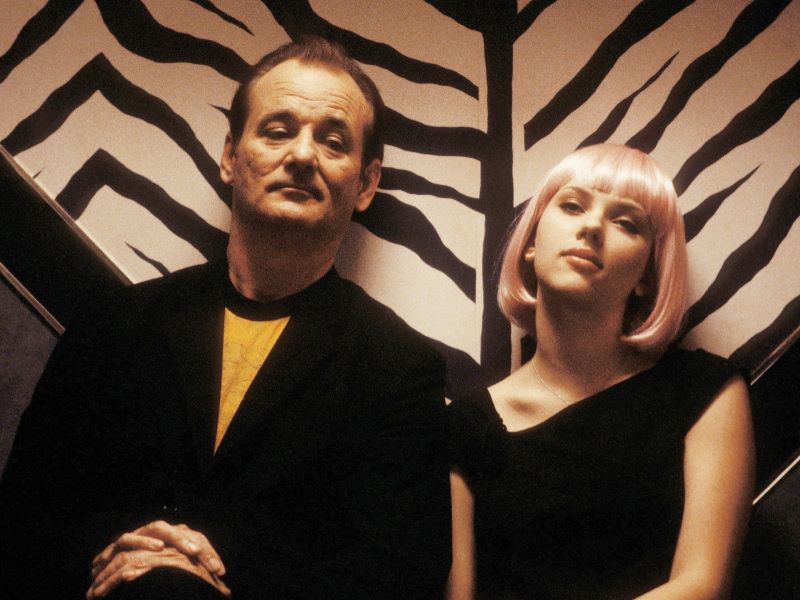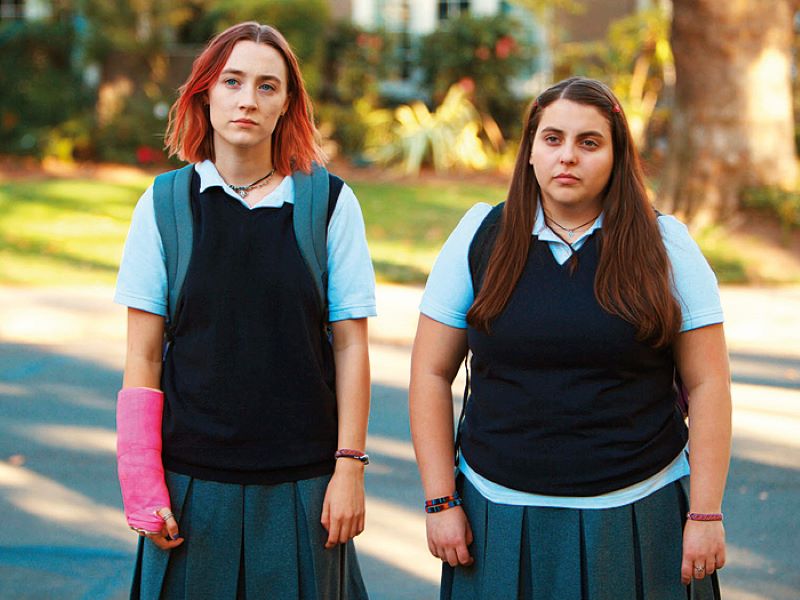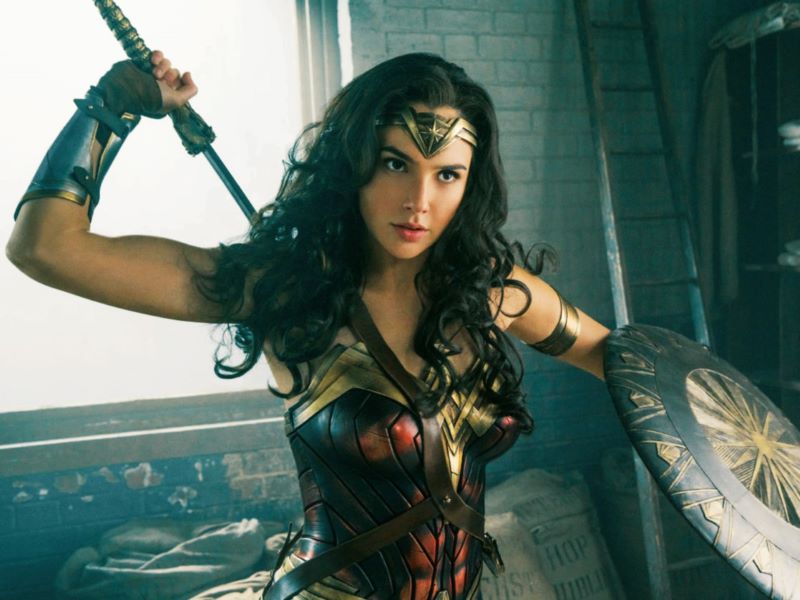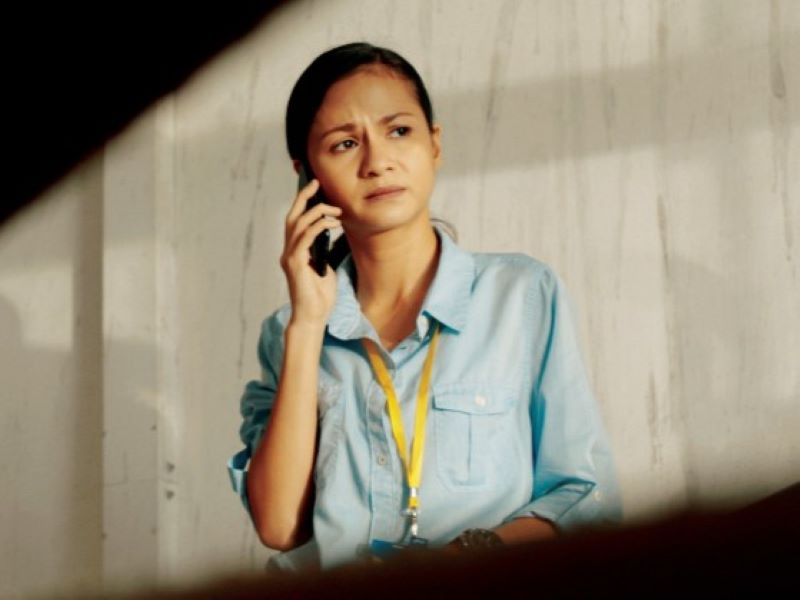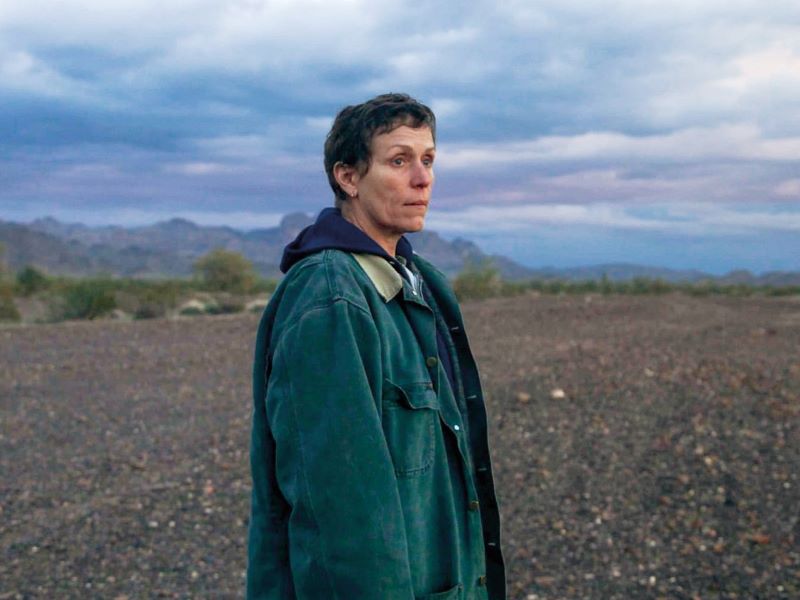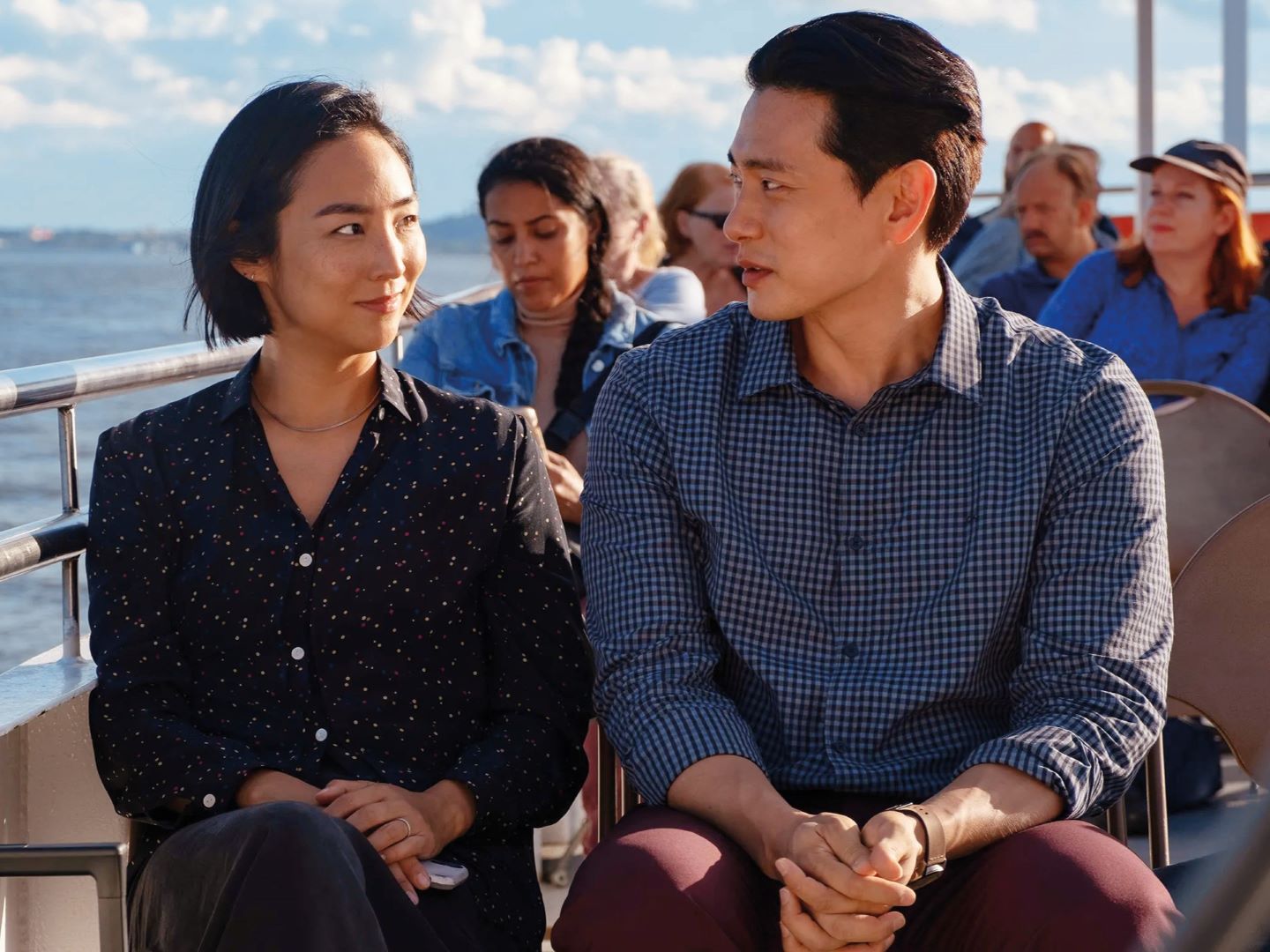
Celine Song's debut Past Lives is a wistful drama that spans decades and crosses continents (Photo: Past Lives)
The challenges female directors face, magnified by the industry’s toxic brew and sexism, are structural and systemic. The path to the director’s chair is not easy but a stable of women, led by a new generation that expands the breadth and possibilities of storytelling, is ready to fight and upend the status quo. Here are eight powerful works to reconnect us with the big picture, both on screen and behind the lens.
Lost in Translation (2003)
By Sofia Coppola
Take a gander at Coppola’s repertoire and you will still find young women occupying her demographic sweet spot. But there was a time, way before Priscilla (her 2023 biopic on Elvis Presley’s child bride), when a simple premise about two lonely strangers adrift in an alien land could move hearts. Bill Murray and Scarlett Johansson star as two unsettled American souls stuck in their marriages, at loose ends and drawn to each other for solace. Discombobulated by a foreign culture, the pair begins an ambiguous slow dance of romance. As opposed to the flamboyant directing style of her famous father, Francis Ford, Coppola trains her lens instead on emotional intimacy — one that can be attained without hands touching or lips meeting. If he commands attention like a grand opera, she is the tender orchestra.
The Hurt Locker (2009)
By Kathryn Bigelow
It is rare for a female director to take on muscular war movies — the kind with guns, explosions and violent movements that include the occasional knee to the groin. For Bigelow, the first woman to win an Academy Award for best director, inverting gender roles is the least defining trait of her kinetic filmmaking, guided by realism and a journalistic attention to detail. Proof is in the adrenaline-charged The Hurt Locker, a military thriller set in Iraq where soldiers sit on a live wire between peril and protocol. This Best Picture winner is a distillation of Bigelow’s vision, which shifts from the male gaze and repudiates the conventions of an action flick. A rule-breaker, she has deconstructed cinematic grammar and reconstituted it in startling, even revolutionary, ways.
Selma (2014)
By Ava DuVernay
“An artist and activist are not so far apart,” DuVernay once expressed about the inspiration behind her Martin Luther King biopic that chronicles the 1965 civil rights march, from Selma, Alabama, to the state capital Montgomery, to demand the right to vote. She has done what few female black directors get the chance to do, which is go large — with politics, culture and history — and recount stories centred on men. Making space for new voices, the award-winning film director proves the importance of artists in a time of widespread unrest and how art, even off-screen, can help hold the higher-ups to account. Like those pilgrims on the road to Montgomery, the path to disrupting systemic discrimination does not rest.
Lady Bird (2017)
By Greta Gerwig
Gerwig makes a larger point about the stories we tell about women and girls. She may be better known for her big feminist romps, such as the Oscar-nominated Barbie and Little Women, but Lady Bird is an autobiographical coming-of-age triumph that celebrates teenage will. Saoirse Ronan’s character Christine McPherson is gifted, or, in her mother’s opinion, cursed with the bright energy of youth. She feels everything fiercely and fervently, charming and hurting the people around her without intent because she insists on asserting her individuality. “It’s given to me, by me,” explains McPherson about her moniker Lady Bird. This paean to adulthood, like any other Gerwig’s project, honours the gravity of a woman’s struggle, albeit with a tad more compassion, candour and comedy.
Wonder Woman (2017)
By Patty Jenkins
Caped crusaders are forever striding and flying into battles, but they are almost always men. It was not until Jenkins, with her delicate comic chops, put her indelible stamp on a male-dominated superhero universe that the Amazonian princess-like Wonder Woman was able to shine like her trusty lasso and the bullets that bounce off her gleaming bracelets and shield. The record-setting movie goes a step further and argues that it is not merely girls all over the world who stand to gain if they can grow up without the distorting influence of misogyny — a future like that would be liberating and wonderful too for men in myriad ways. Wonder Woman has carved out a space for ambitious and,yes, assertive women to be followed and admired.
Motif (2019)
By Nadiah Hamzah
Noir is a notoriously difficult category to define, yet every movie director has an opinion. So amorphous is the genre that Nadiah — who took home a bronze medal for her anti-bullying Public Service Announcement at the 2019 Cannes Lion — put a Scandinavian spin on her debut crime thriller Motif, which stars Sharifah Amani as no-nonsense police investigator Dewi. The versatile actress lends incredible depth to her character, who attempts to solve a tricky out-of-town teen murder, but is held back by discrimination in the police department that dismisses her for being “too young” and “too female”. Suspense hangs palpably between seat-grabbing scenes underscored by stylish cinematography, even though the film occasionally succumbs to choppy edits. Still, discussing the prevalence of machismo, which continues to elude those who need to hear it most, is a valiant effort to emulate on the silver screen.
Nomadland (2020)
By Chloé Zhao
Nomadland is a masterpiece like no other, so much so that Beijing-raised Zhao became the first Chinese woman to be nominated for best director at the Oscars, and won it. In this expansive portrait of itinerant lives, Frances McDormand assumes the role of Fern, a displaced widow who takes to the highway amid the Great Recession in the American West. Based on Jessica Bruder’s emphatic, thoroughly reported book of the same title, the film straddles the tension between stability and uprooting as people — frayed by rising inequality and reeling from employment — are forced to hit the open road. McDormand’s visceral portrayal as a van-dwelling nomad landed her the Best Actress accolade, sealing her reputation as one of the most unforgettable movie heroines of all time.
Past Lives (2023)
By Celine Song
Song’s wistful drama spans decades and crosses continents as Nora (Greta Lee) reconciles with her childhood sweetheart Hae Sung (played by the delightfully composed Teo Yoo) after she moved from South Korea to Canada. They remain tethered to their memories, even though Nora is now married. A love triangle setup this is not, but a bittersweet tale of grieving who they once were as well as cherishing each other in presence and absence. In Song’s debut, love is an unspoken longing but it can also be in-yun, the Korean belief of providence in which the relationships we build today are based on previous incarnations. Ultimately, Past Lives imagines a transcendent, poignant form of human connection, one that can be platonic and romantic at once. As the film suggests, if love is not in this life, then perhaps, the next.
This article first appeared on Mar 4, 2024 in The Edge Malaysia.

